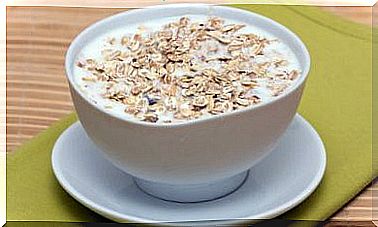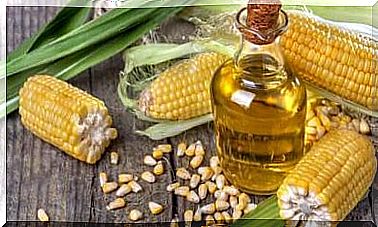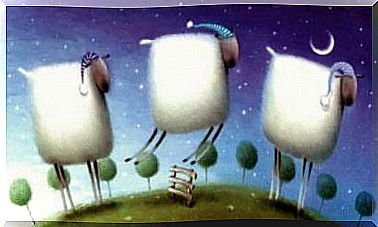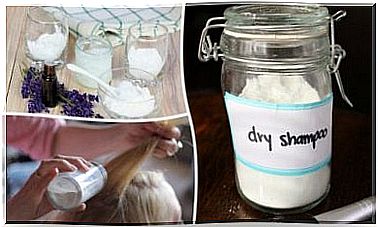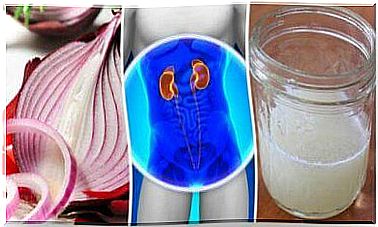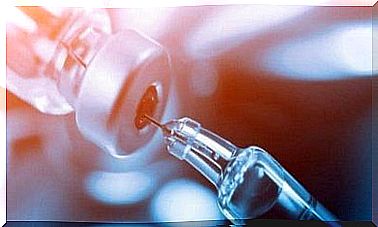Alternatives To Replacing Animal Protein In The Diet
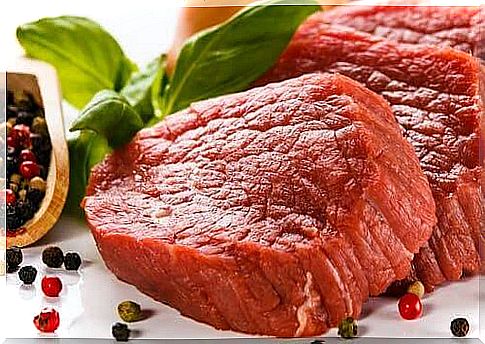
There are various reasons why people decide to reduce or replace animal protein in their diet. Firstly, there are those who do it to protect the environment and for the empathy they have towards animals. Meanwhile, there are others who do it because they suffer from a health problem that requires a change in their diet.
Whatever the reason for deciding to stop eating meat or animal products, everyone needs protein. The body requires essential amino acids that it cannot produce on its own, and it gets them from the proteins we eat.
Protein functions
Every type of protein has a function in our body. Therefore, some participate in the body’s immune system by creating antibodies. Others play an important role in the function of your muscles.
There are proteins that help with your biochemical reactions and help produce various enzymes. Others transport molecules from one place in the body to another. However, these are just some of the functions that proteins participate in to keep your body in order.
Either way, it is important that those who decide to replace animal protein in their diet are aware of their food and know how to get the nutrients they need. The goal is to cover all nutritional needs in order to stay healthy.
Vegetarian or vegan?
Vegetarians do not eat meat, but they let themselves eat products that come from animals, such as eggs and dairy products. Some of them even eat seafood. In addition, there are others who are stricter and do not eat “something that has eyes”.
Vegans do not eat any product that comes from animals, which makes it a little harder for them to get enough protein in their diets. For both vegetarians and vegans, there are many options that allow them to have a well-balanced, healthy diet.
Different options to replace animal protein
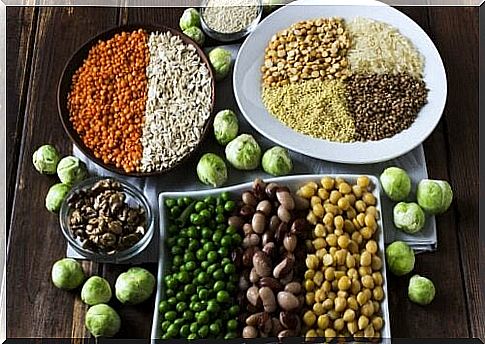
Egg
Experts from the Spanish Nutrition Fund (FEN) indicate that eggs are a source of protein, monounsaturated fatty acids, iodine, phosphorus, selenium, vitamin B12, riboflavin, niacin, vitamin A, vitamin D and folates. And they clarify that the protein is of the highest quality due to its high biological value.
Eggs contain approx. 6 grams of protein (each one). They are an excellent replacement; you can choose to eat only egg white or egg yolk as well. The secret to making eggs healthy is the way you cook them. Fried eggs raise your cholesterol, so it is best to cook them.
Eggs are a very versatile ingredient in the kitchen, which is why many recipes use them and you can make them in so many different ways.
Nuts and seeds
A handful of seeds a day (between 80 and 100 grams) can contain between 3 and 8 grams of protein. The advantage of nuts is that almost everyone likes them. When it comes to nuts and seeds, the list is long and delicious:
- Quinoa
- Walnuts
- Pine nuts
- Dates
- Pistachios
- Peanuts
- Almonds
- Raisins
- Cashews
- Sunflower seeds
- Pumpkin seeds
These nuts and seeds contain vitamin E in addition to proteins. They also supply fiber and minerals. Be careful about the salt content or how much salt you add when you want to give them more flavor. This is because excess salt causes fluid retention and as a result high blood pressure.
Tofu as an alternative to animal protein
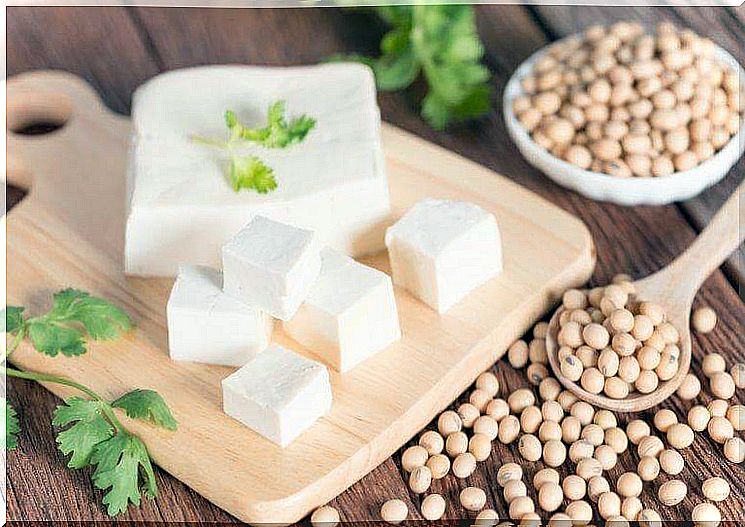
Tofu is one of the vegans’ favorites when it comes to finding a substitute for animal protein. It is a product that comes from soybean. Due to its firm, white appearance and the way it is cooked, it is called soy mass.
Tofu offers a large amount of proteins, minerals and omega 3 fatty acids. It can be made in many different ways, from adding it to salads to using it as a substitute for minced meat. In addition, it is also a good substitute for chicken in some recipes.
Prayers
They are delicious and can be cooked in many different ways. Among them are fried beans, lentils, soybeans and garbanzo; they are a valuable source of protein. For example, 100 grams of lentils give you 9 grams of protein. While 100 grams of soybeans contain 36 grams of protein. However, not all beans have the same protein content.
Seitan as an alternative to animal protein
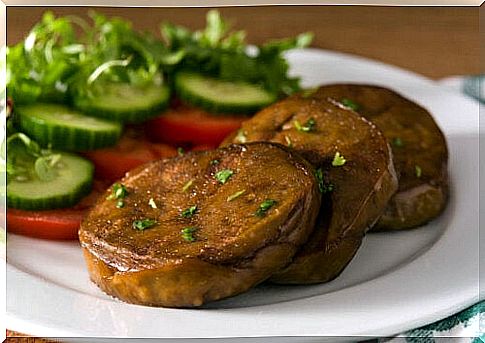
Seitan is wheat gluten and can be cooked just like meat. Therefore, it can replace the meat you use in burgers, meatballs or other dishes. It can have up to 75 grams of protein for every 100 grams. Among the many benefits, it is important to note that it is easily digested.
Seitan contains calcium and is gluten and cholesterol free. In addition, the taste can be compared to that of the meat, making it ideal as a substitute for many recipes.
These are some of the sources of vegetable protein that you can include in your diet to supplement and balance it and replace animal protein, but keep in mind that if you are in doubt about this topic, it is best to consult a nutritionist.

